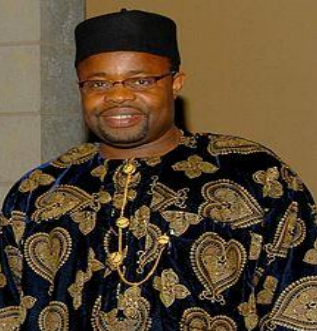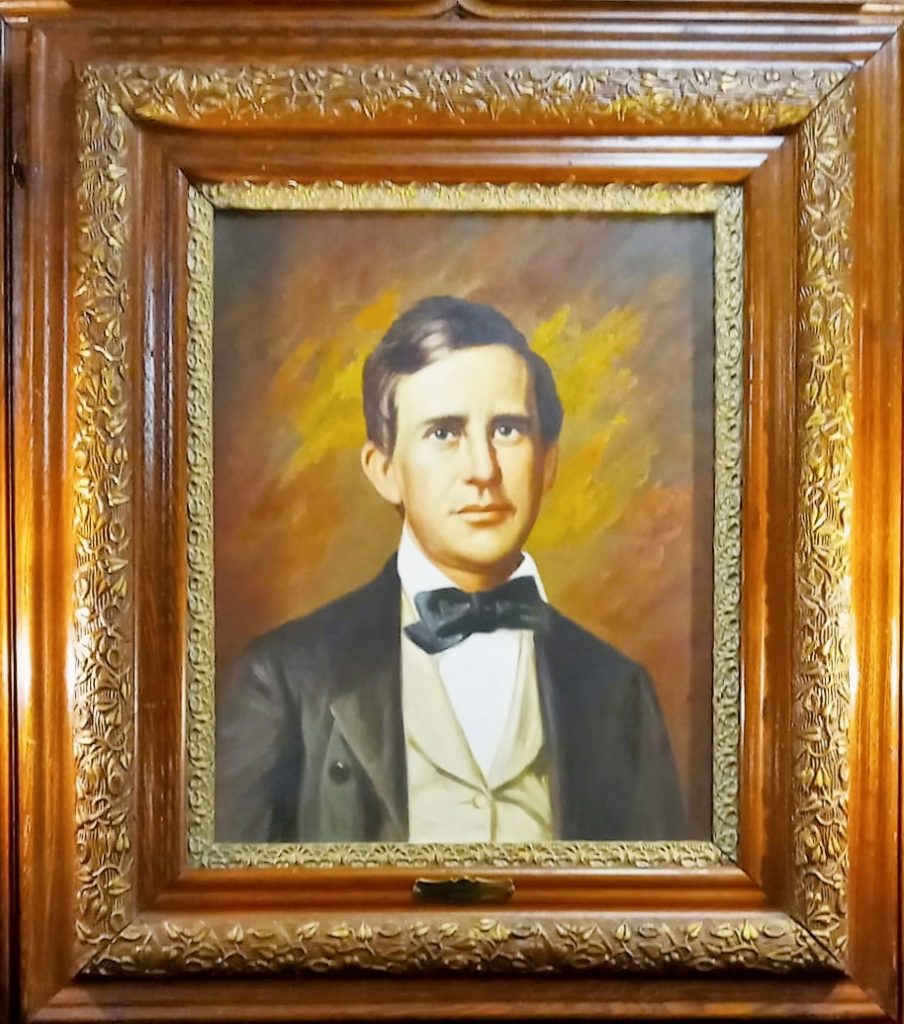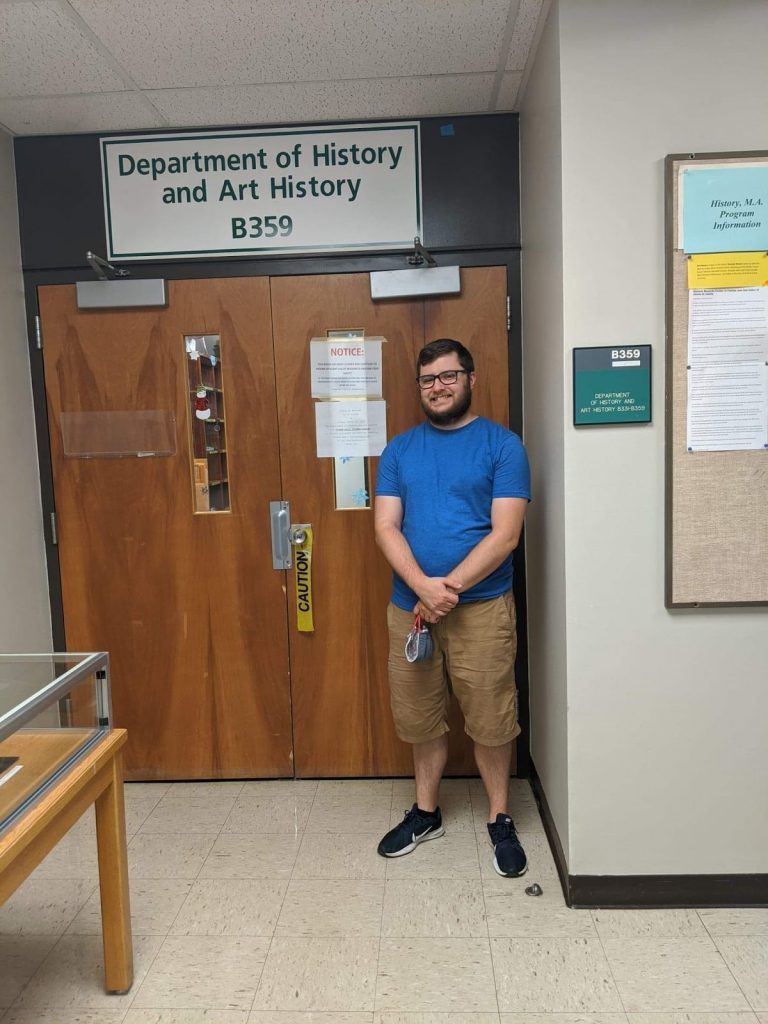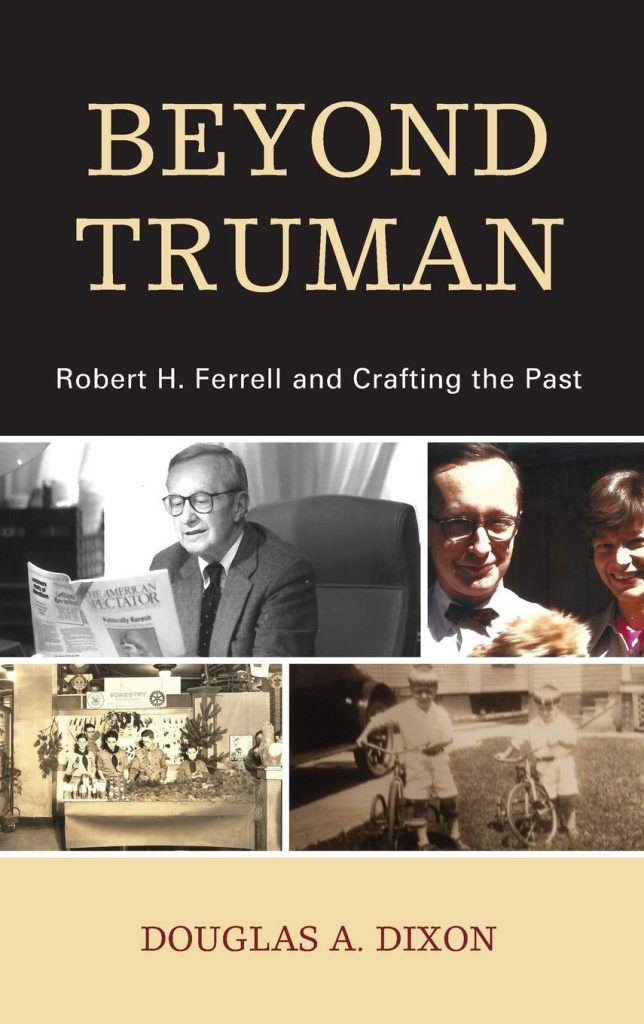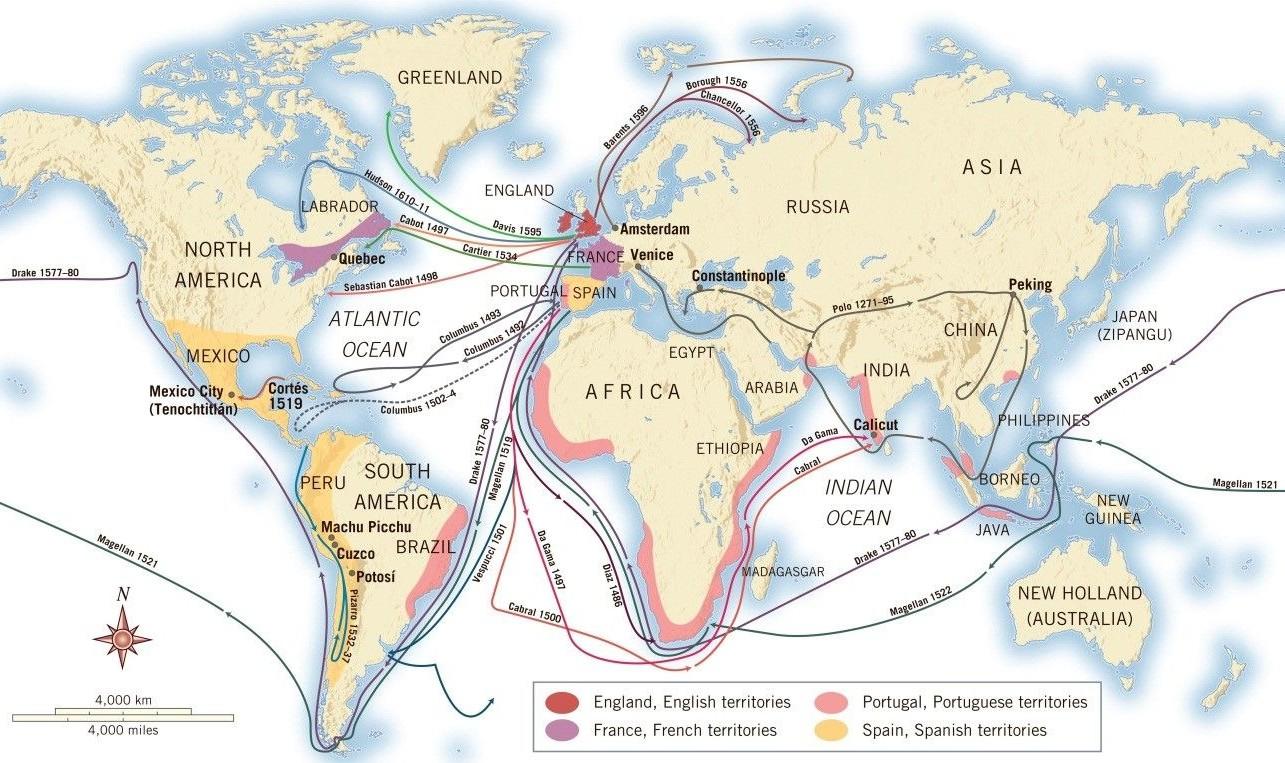As a remembrance of our colleague Professor Emeritus Don Rowney, who recently passed away, we share below Dr. Doug Forsyth’s eulogy with minor edits for brevity. We thank Dr. Forsyth for sharing the text.
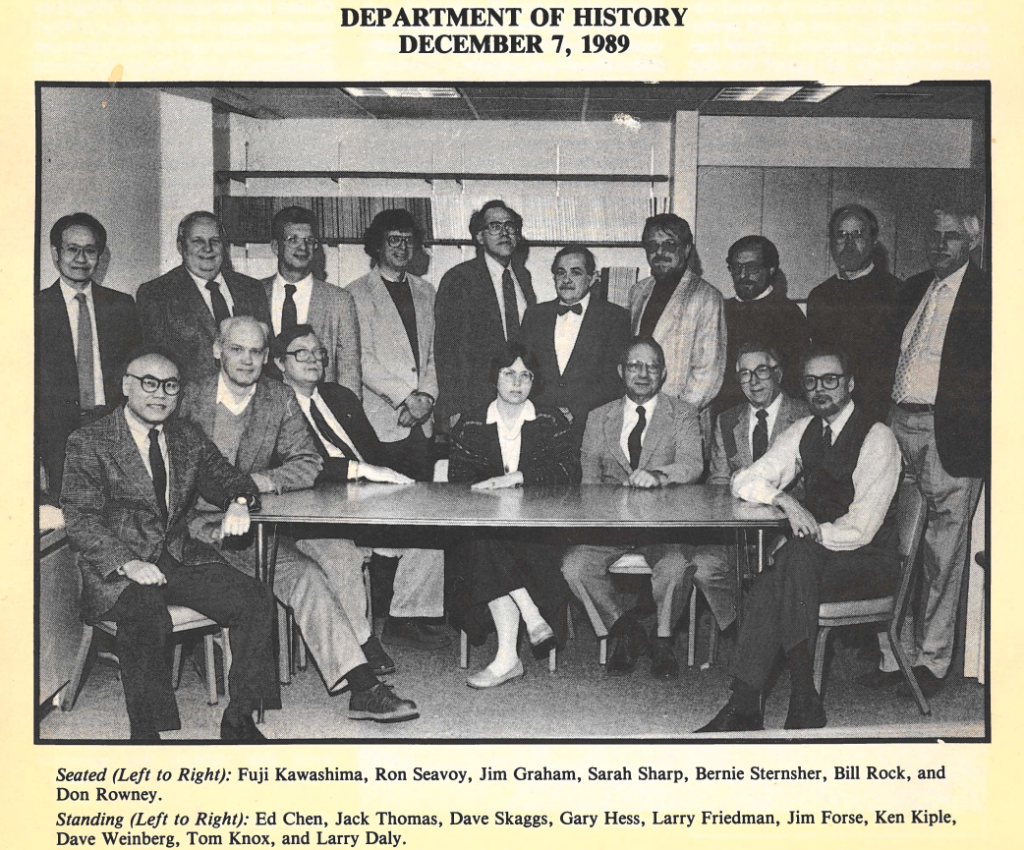
As early as my on-campus job interview at Bowling Green, in spring 1996, it became clear to me that Don Rowney was the faculty member at the university who was most interested in having me as a colleague. My wife, Mercedes, and I drove out to northwest Ohio in early summer of 1996, as I looked for a place to live. Don and Susan invited us over for dinner, and I paid my first visit to the Old West End Historical District in Toledo, where Don and Susan were living, where Susan is still living, and where I would go on to live for twenty-four years and counting. I still remember vividly that dinner, on the porch behind Don and Susan’s house, and in particular one detail. Don asked Mercedes, who was and is a professor at Brown University in Providence, Rhode Island, why she had accompanied me on the long drive out to the Midwest as I looked for a place to live. ‘Do you think I’m going to leave my husband back here, without making sure it’s a decent place?’ she quipped. Don looked at her with this peculiar expression of delight he sometimes had, when someone said something unexpected, and in his view particularly amusing—it was the first, but not the last time I saw that expression on his face. And that sealed it—he and Mercedes became friends for life. Mercedes and I made life-long friends in the Old West End, and in many cases they were already friends of Don and Susan. I think I owe not just the continuation of my career to Don, but also a good deal of the happiness I’ve derived from living in this part of the world, over the past quarter century.
Continue reading
